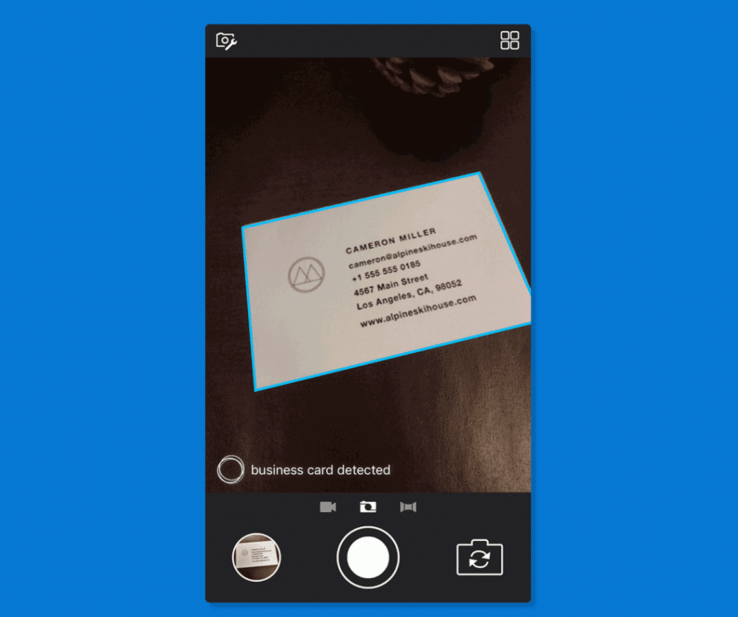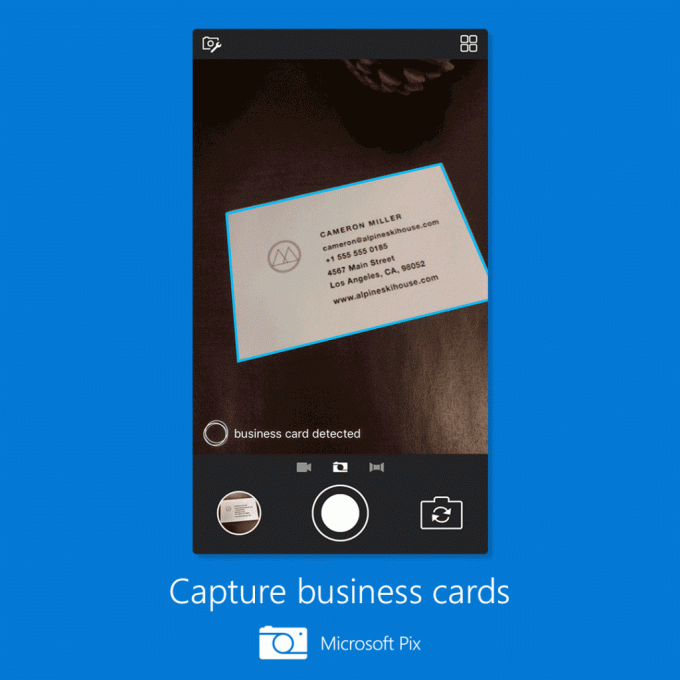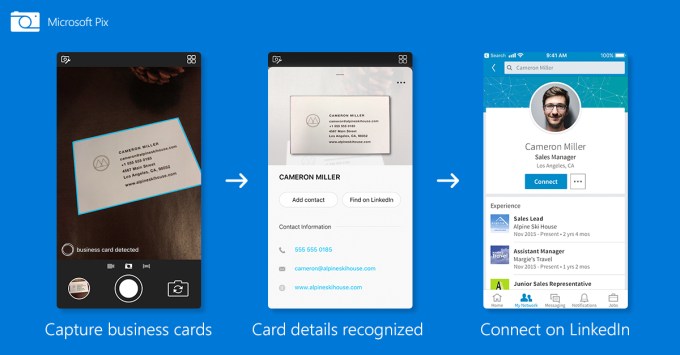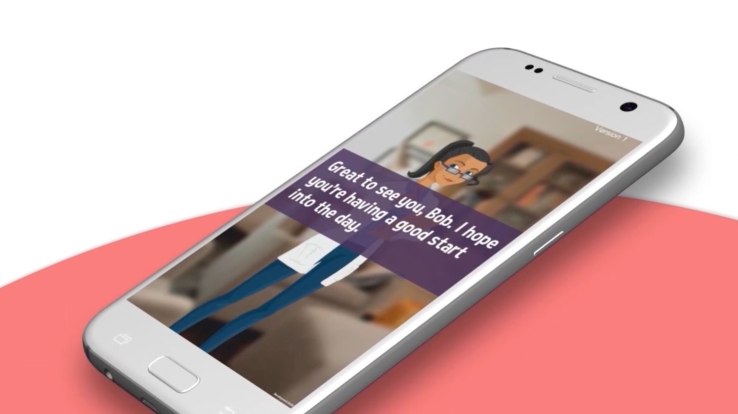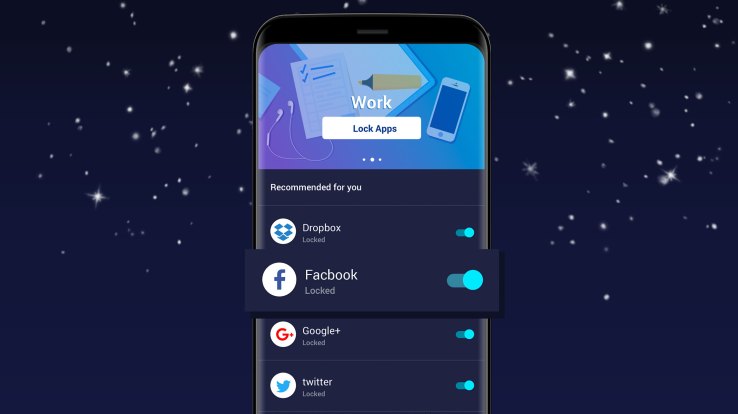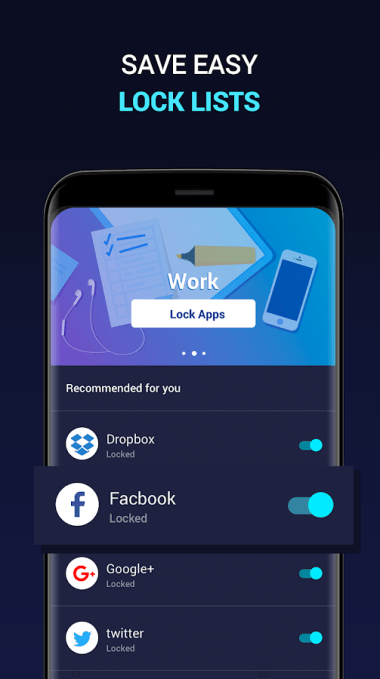Keyo modernizes housing with rent auto-pay that boosts your credit
Keyo modernizes housing with rent auto-pay that boosts your credit
Today in dense urban areas, tenants frequently change apartments as their income grows and they tire of different neighborhoods...
T
here’s nothing we spend more money on for a worse experience than housing. Keyo wants to fix all of it. The audacious startup envisions a world where a building’s other tenants get $20 to show you an available apartment on your schedule. Where you auto-pay your rent online and it improves your credit score. Where you get local business perks and can communicate maintenance requests through an app by renting in a Keyo location. And where it’s all free because landlords pay Keyo to fill their units faster.It’d seem like a crazily ambitious startup idea if it wasn’t already working. Keyo has 4,300 units under management in Brooklyn. And now it’s ready to come out of stealth with a $2.5 million seed fundraise led by a Silicon Valley fixture it won’t disclose that follows Keyo’s $1 million friends-and-family round.
“Renting hasn’t changed much. It needs to,” declares founder Kiran Bellubbi. “You pay rent on time and get nothing in return.”
Bellubbi might have come from the music world, not real estate, but he’s studied in the art of redefining a behavior pattern. His app Band of the Day usurped the traditional music blog, running for five years and winning runner-up to Instagram for Apple’s App of the Year in 2011. Bringing his total fundraise to $10 million, Bellubbi pivoted Band of the Day into Applauze, a concert ticket app that combined official and secondary sales so you could always see the show. Applauze was secretly acquired in 2016 by a joint venture between Azoff MSGE & Live Nation.

How Keyo works
Today in dense urban areas, tenants frequently change apartments as their income grows and they tire of different neighborhoods. High prices to buy a home and the desire to delay having kids are leading people to rent for longer. “Twelve to 20 percent of inventory churns every year,” says Bellubbi. “I have no allegiance to a building. I just leave.” Keyo gives them a reason to stay.
Now Keyo has blossomed into a full-scale software-as-a-service for landlords, targeting small-to-medium-sized renters with 20 to 5,000 units. It’s either full-featured or trying to do too much, depending on your perspective.

- On-Demand Apartment Viewings – Keyo pays the building’s super, another resident or even the current tenant $20 to act as “scouts” to show you available apartments so you don’t have to wait for a specific real estate broker to be able to meet you
- Online Rent Auto-Pay – Tenants don’t have to deal with remembering to send checks because Keyo connects with their bank for ACH payments
- Credit Score Improvement – Paying rent on time qualifies as a way to boost your credit score, but most landlords don’t go through the trouble of integrating with the credit agencies the way Keyo does
- Local Perks – Being a Keyo tenant is like joining a club that gets you discounts at nearby gyms, dry cleaners and coffee shops looking to attract long-term business from nearby residents
- In-App Maintenance Requests – Instead of nagging your landlord or super to fix something via annoying phone calls and emails, you can easily file requests through the Keyo app, and they can send back building announcements
 In return, Keyo’s software gives landlords:
In return, Keyo’s software gives landlords:- A Faster Way to Fill Units – Keyo lists a building’s available units on top sites for no cost while tracking and optimizing the landlord’s ads
- Tenant Marketing Analytics – Landlords can see exactly which units they have available when, which sites are driving leads and how often people are visiting them
- Simplified Paperwork – Tenant applications, credit checks, background checks, digital contract signing and lease management all happen for free instead of being passed on as fees to the tenant, which can suppress demand
But first it will have to convince more landlords to modernize or replace their whole software stack. That could be scary with so much money at stake, and some might just want a piece of the suite like the credit-building rent auto-pay. They also might not want any Keyo branding on their building. Expansion beyond the densest cities will be a slog.
Meanwhile, there are plenty of landlord software options. Yardi, appFolio, RealPage and MDSGo are all focused on property management. They have big budgets, brands and track records. But many cater toward larger enterprise real estate titans, and don’t focus on the customer experience with bonus perks.
The millennial generation and beyond want everything to be mobile. In an era when all your subscriptions pay themselves, having to stamp and mail a physical check on time is a pain. And because people are renting for longer instead of buying housing, they don’t have the same opportunities to build up solid credit. By using rent auto-pay and credit as a wedge, Keyo could pry open a lucrative market that hasn’t kept up with the times.
source:TechCrunch


